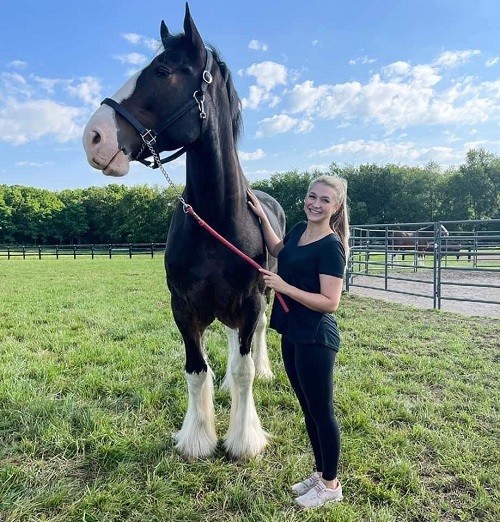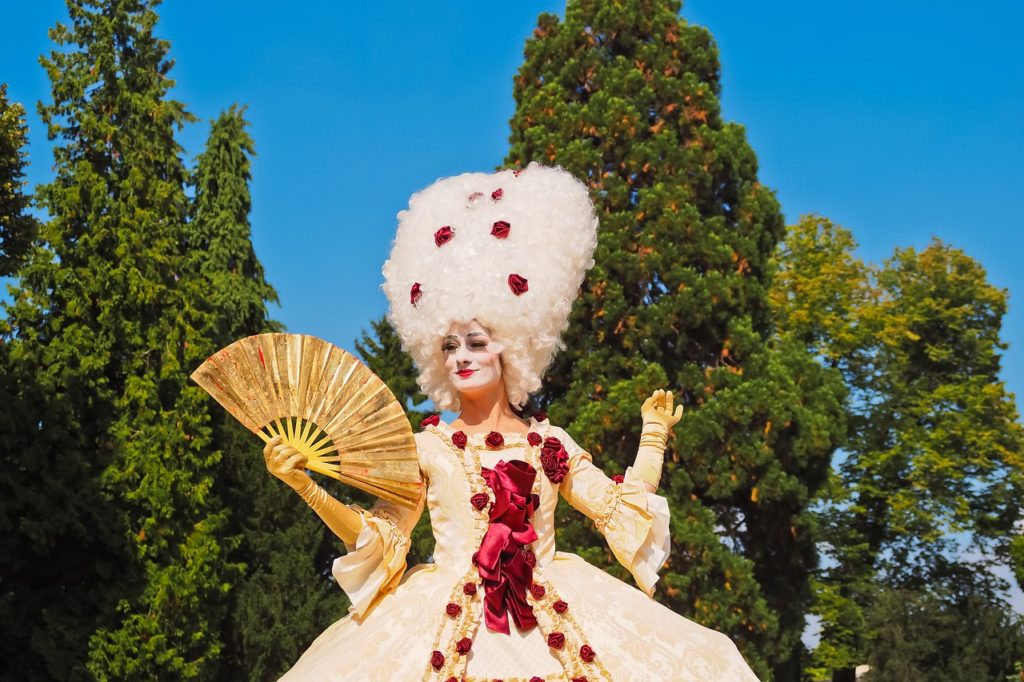High Horse
 None of us has any reason to get on a high horse. However, when life goes well, we face the temptation to act high and mighty.
None of us has any reason to get on a high horse. However, when life goes well, we face the temptation to act high and mighty.
To get on a high horse means to act superior.
Years ago, people of high rank rode tall horses. That custom became a symbol of superiority.
If we are on a high horse, we believe or act like we are better than others. That may mean higher:
- Morals
- Power
- Finances
- Position
However, the higher the horse, the farther the fall.
When we look down on other people, we lower ourselves. Our highfalutin ways end up hurting rather than helping. They also make other people respect us less, not more.
If we fail or fall from a high rank, the loss hurts worse.
We want confidence but not arrogance.
To be more effective, we need to get off our high horse and work with one another.
As we learn and grow together, we become better people. Rather than look down on others, we want to lift them up.
We travel this journey of life together. Why not unite and achieve more?
That makes good horse sense. Don’t you agree?
“Pride brings a person low, but the lowly in spirit gain honor” (Proverbs 29:23 NIV).
Thanks to Pat Childress Conner Stapp for the suggestion and to Chelsey Stone for the photo.
Do you have an expression you want explained or a thought about this one? If so, please comment below.
Subscribe to receive my weekly posts by email and receive a free copy of “Words of Hope for Days that Hurt.”
If you enjoyed this post, please share it with your friends.

